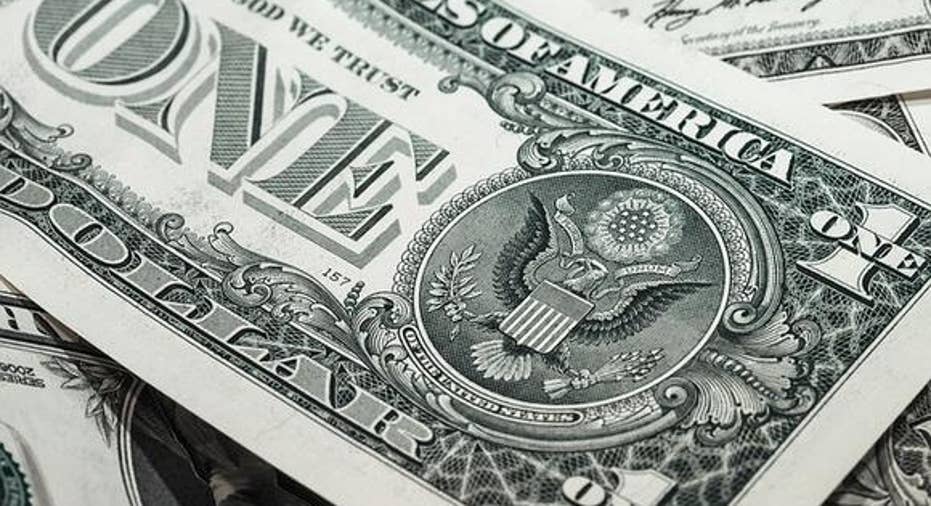Here's What Saving 1% More Will Do for Your Retirement

Many of us push ourselves to sock away as much money for retirement as we can, but there comes a point where we're all inclined to cut ourselves a little slack. After all, just because it's possible to eke out a little extra here and there doesn't mean we're ready to sacrifice life's little luxuries today in the hopes of accumulating enough money for the perfect retirement down the line. On the other hand, there's something to be said about paying our dues early on and reaping the benefits when we're old, gray, and deserving of the lifestyles we've always dreamed of. In fact, if we were to allocate just 1% more of our income to retirement now, we'd all be in a much better position down the line.
IMAGE SOURCE: PIXABAY.
It's all about compoundingCompounding is basically a way of earning interest on interest. When you invest money, be it in stocks, bonds, or a savings account, if all goes well, you make some money on whatever amount you initially put in. When that happens, you can then invest your profits again, thus kicking off a potentially lucrative cycle.
What does compounding have to do with retirement? It's simple: The earlier you start putting money into a 401(k) or IRA, the more time you get to take advantage of compounding. Similarly, the more money you contribute up front, the more you stand to earn on that money.
Up your contribution early onWhile putting any amount of money into a 401(k) or IRA is a good start, the more you can contribute early on, the better. Say you're 30 years old, earn $60,000 a year, and currently contribute 5% of your salary, or $3,000, to a 401(k). Let's also assume that you intend to continue contributing 5% of your salary for the remainder of your career, and that your salary increases 3% each year. If your 401(k) generates a 6% return, which is actually well below the stock market's average, by age 65, you'll have about $502,000 for retirement, which is certainly a respectable balance. But let's say you find a way to contribute 6% of your salary each year instead of just 5%. Using our same assumptions, by age 65, you'll have a balance of $602,000 -- $100,000 more than what a 5% contribution would've given you.
Let's look at what that extra 1% means for you today. Based on a $60,000 salary, that's $600 less available for living expenses. While that may seem like a lot at first glance, we're really only talking about $50 a month, which you can easily compensate for by packing your own lunch a few days a week instead of buying it or clipping supermarket coupons to lower your grocery bills.
IMAGE SOURCE: PIXABAY.
Now let's say you're at a point in life where you're making more money, but retirement is looming. If you're 55, earn $150,000 a year, get an annual salary increase of 3%, save 6% of your salary, and earn a 6% return, you'll have $138,000 by age 65. On the other hand, if you save 7% of your earnings instead of just 6%, you'll accumulate $161,000, or an extra $23,000, over the course of 10 years -- a helpful addition to your retirement savings, but not nearly as significant as the $100,000 difference we saw earlier.
The bottom line is this: Increasing your savings by 1% early on in your career can make a huge difference by the time you reach retirement, and it won't be a major lifestyle-buster either. But the longer you wait to start saving that extra bit, the less of an opportunity you'll get to capitalize on the beauty of compounding. So the next time you reach for the phone to order delivery, think about what that money could be doing for you instead. Then go into your freezer, bust out some leftovers, and imagine your retirement fund growing by the minute.
The article Here's What Saving 1% More Will Do for Your Retirement originally appeared on Fool.com.
Try any of our Foolish newsletter services free for 30 days. We Fools may not all hold the same opinions, but we all believe that considering a diverse range of insights makes us better investors. The Motley Fool has a disclosure policy.
Copyright 1995 - 2016 The Motley Fool, LLC. All rights reserved. The Motley Fool has a disclosure policy.



















